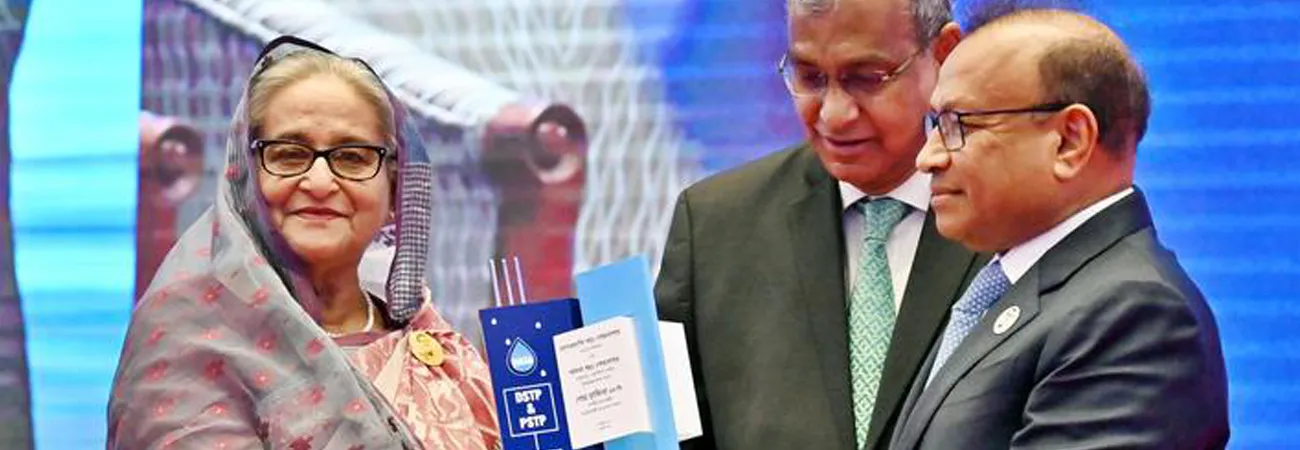XINHUA-PAKISTAN SERVICE
BEIJING, Jan. 3 (INP): Chinese media and members of Think-Tank have deplored India’s stubborn mind-set towards Pakistan on account of CPEC, stating there is no logic of opposing a project that meant to improve the living condition of the people. According to a report, published in Global Times, they supported the recent move extending the scope of CPEC to Afghanistan. The China-Afghanistan-Pakistan Foreign Ministers' Dialogue held in Beijing last month focused on mutual political trust and reconciliation, development cooperation and connectivity, security and counter-terrorism. The joint press release issued later said that Beijing and Islamabad are willing to discuss extending the CPEC to Afghanistan, which has led to skepticism in the Indian media. Chinese Foreign Minister Wang Yi had clearly stated at a press conference: "Our dialogue is not targeted at any other party nor will it be subject to influence from other countries or forces," adding that talks will complement other existing mechanisms and contribute to peace and stability in Afghanistan and the region. India is very concerned about China's Belt and Road initiative, especially CPEC, which New Delhi considers a potential hazard to its national interests. The traditional geopolitical strategy India has followed for long makes it wary of the initiative. Major world powers have abandoned the traditional mind-set of geopolitical competition after the Cold War and embraced peace and development in keeping with the spirit of the times. However, some countries, such as India, still swear by the outdated geopolitical strategy and base their sense of security on narrow national interests and political confrontation. India's strategic considerations are underpinned by its traditional geopolitical strategy. India reckons regional cooperation promoted by China will bring about a zero-sum game and even jeopardize its national security and interests. New Delhi's clout will weaken because of its dwindling ties with adjacent states. When some powers outside the region enter and affect India's sphere of influence, more countries in the region are eager to break away with India. As a result, the geopolitical game in the region surrounding India is likely to grow stronger. India's opposition to the Belt and Road initiative not only deprives it of an opportunity for development and shows its jealousy toward its neighbors gaining from the initiative, but also reflects New Delhi's dread and delusion with China attempting to grab its sphere of influence. In addition, the world may suspect that Beijing is trying to isolate New Delhi through the initiative. Hence, India's allegation that its national interests will likely be affected by China's efforts to extend the CPEC to Afghanistan may sound reasonable. Undeniably, India brings trouble to itself making it lose development opportunities. In fact, the Belt and Road initiative is designed to boost international cooperation following the principle of shared growth through discussion and win-win cooperation. Instead of pursuing a country's growth at the cost of others or damaging interests of a nation, the initiative is a new geopolitical collaborative model characterized by joint participation and shared development. China and other countries welcome India to join the initiative. Even Pakistan invited India to promote building of the CPEC in December 2016, in a bid to share development benefits and ease the long-standing tensions. Extending the CPEC to Afghanistan is not intended to undermine India, but to enhance the economic corridor, the report added. INP/J/AH





